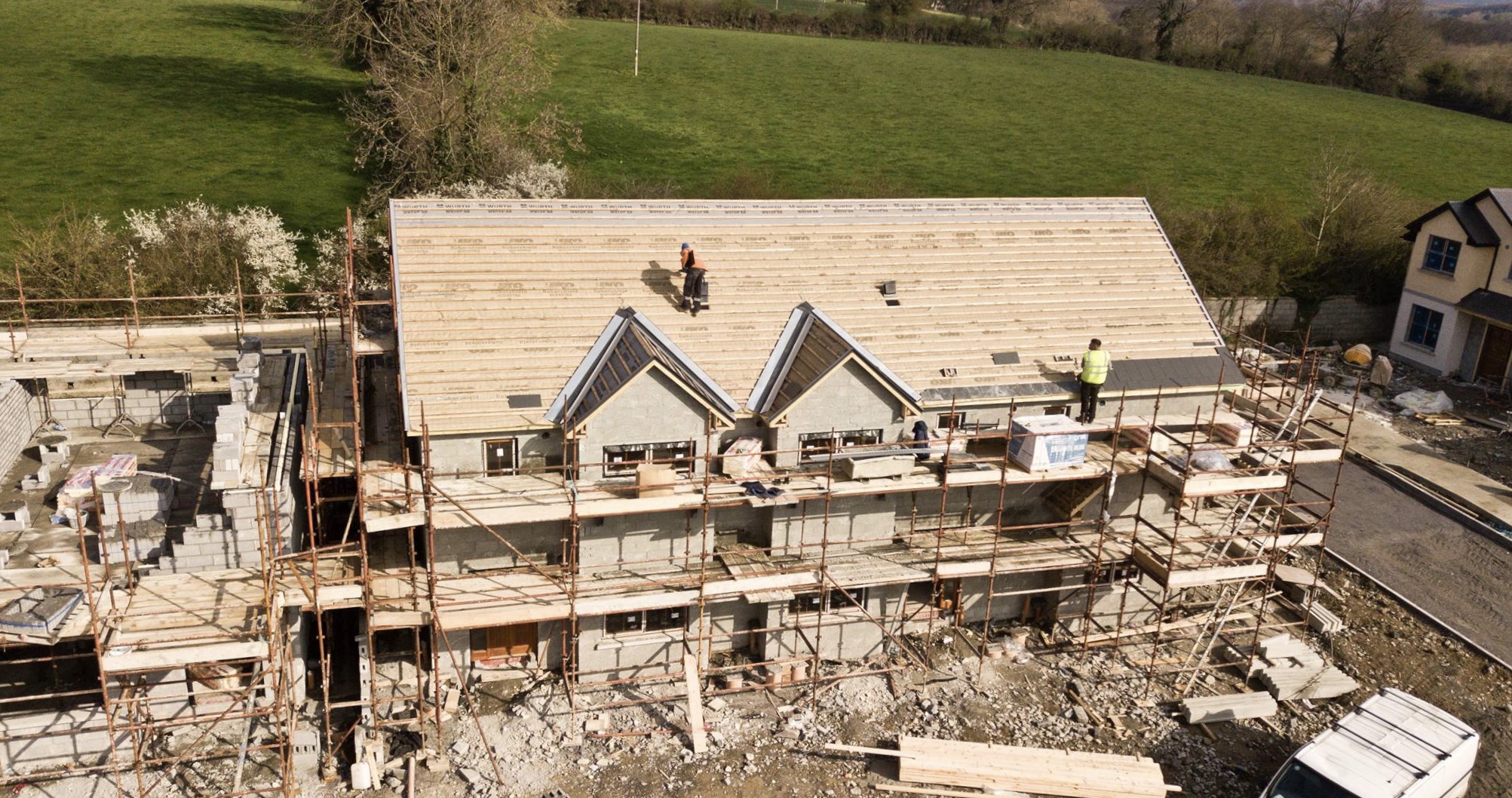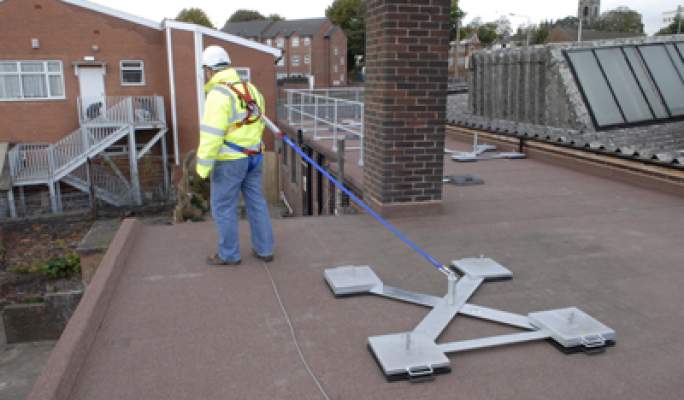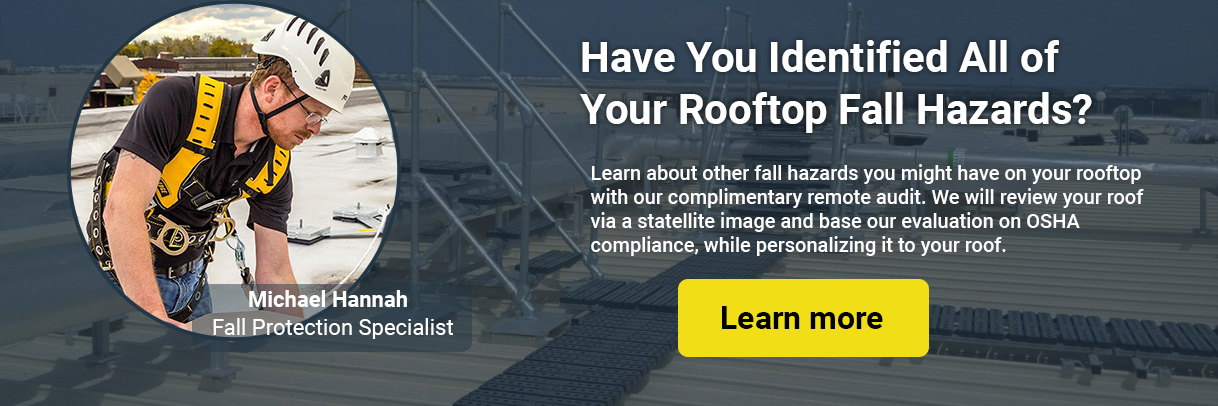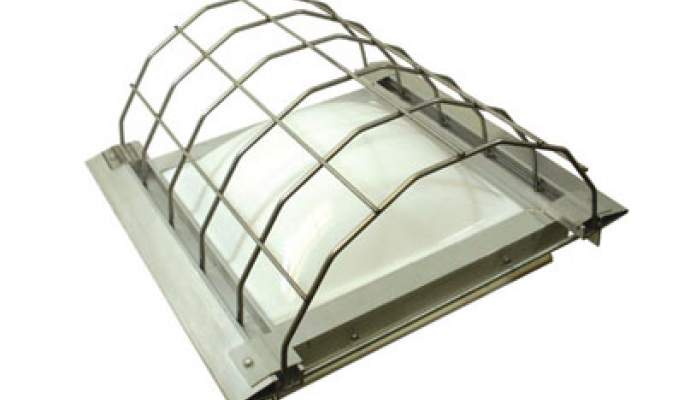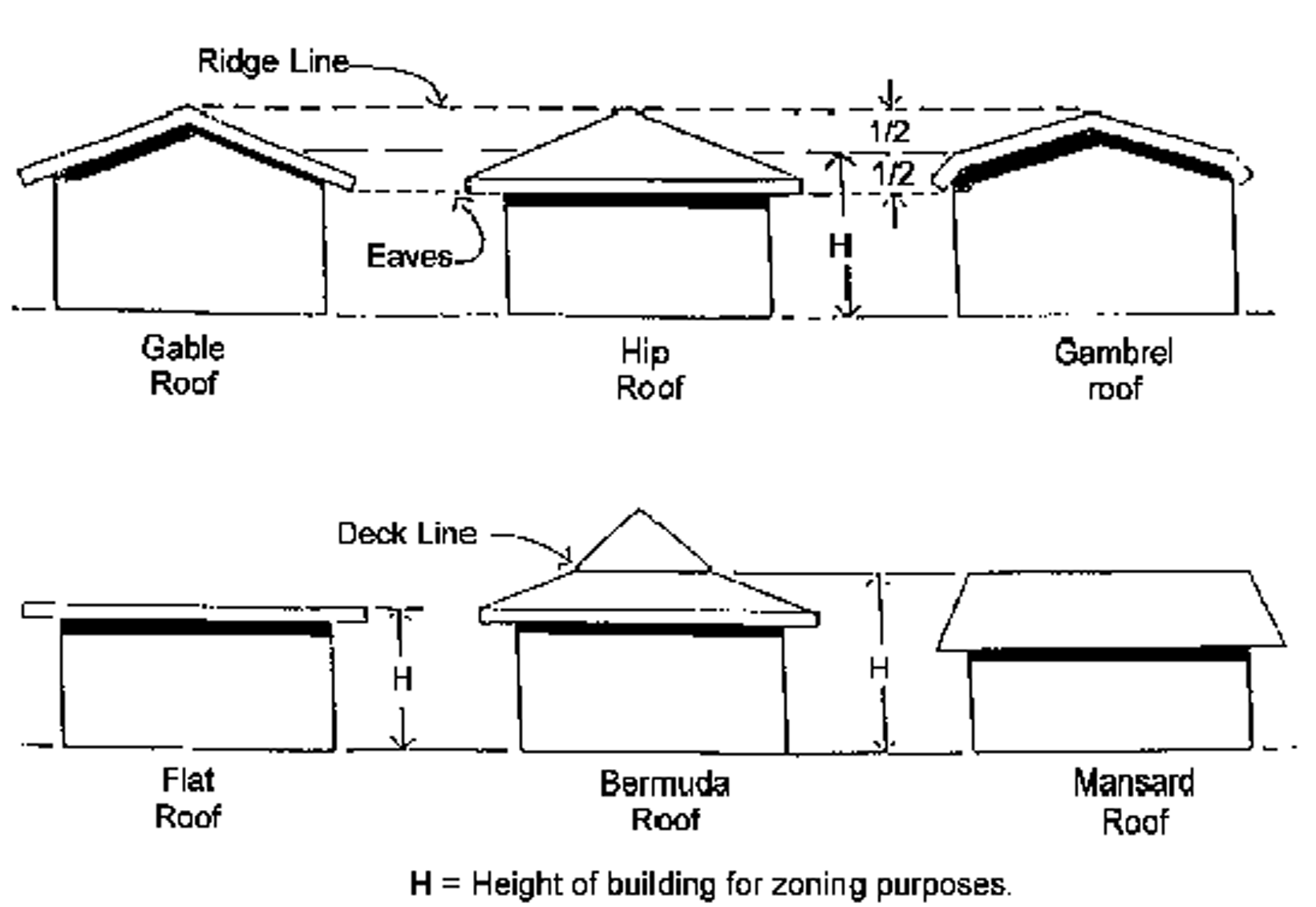Roof anchor points may not be as exciting as a day out on the boat but they can be the one piece of equipment that ensures that you can get home to family safety at the end of a work day.
Roof anchor points legislation.
There are differences from state to state and the legislation sometimes seems contradictory.
The strength of roof members and other elements of the building to which guardrails are attached or which act as an anchorage point for a fall arrest system f.
Only certified roof anchor point installers should be used for the certification of roof anchor points.
In most cases a client will probably need to approve of the installation of a fixed anchor point before someone drills a hole into the wall.
Anchor points and static lines for working at heights need to be inspected at regular intervals.
Both permanent and temporary roof anchor points are available.
A survival guide to the roof anchor safety alert australian standard as nzs 5532.
Although the frequency of inspection is addressed by state legislation it can be confusing.
The absolute minimum is to install sufficient anchor points to provide fall arrest.
Upon completion of the inspection process a certificate of compliance valid for 12 months will be issued.
Australian standards and legislation require the periodic inspection of all roof anchor points a minimum of every 12 months.
Most roofs in nsw are non compliant to current whs legislation.
There are many different fixed anchor points in the market today which are suitable for different types of surfaces such as concrete bricks or steel.
Is a roof a safe work environment.
Whs regulations require roof anchor points in nsw to be annually certified to ensure they are in good working order.
Designed and installed by our companies height safety industry trained installation team an anchor point system is a means to provide full roof coverage whilst not having the preferred but aesthetically imposing handrail around the perimeter of the work area.
Why install roof anchor points.
Providing anchorage points for a fall arrest system where required for use during installation subsequent work on the roof and maintenance see 5 5 fall arrest systems e.
Your height safety equipment needs to be tested inspected and tagged every 12 months by a competent trained and accredited person.
The law clearly states we need to provide all workers with a safe work environment.
Anchor points are usually installed on the roof and are used to connect lanyards lifelines and other forms of tie off which prevent a worker from falling.
In order to comply with safety legislation it is important that when an individual is working at heights specific control measures are used.
If a fixed anchor point is used to access a sloping roofs it should always be installed near the center of the roof.
Roof anchors can be as simple as a d ring connection or as complex as a complete lifeline system.


